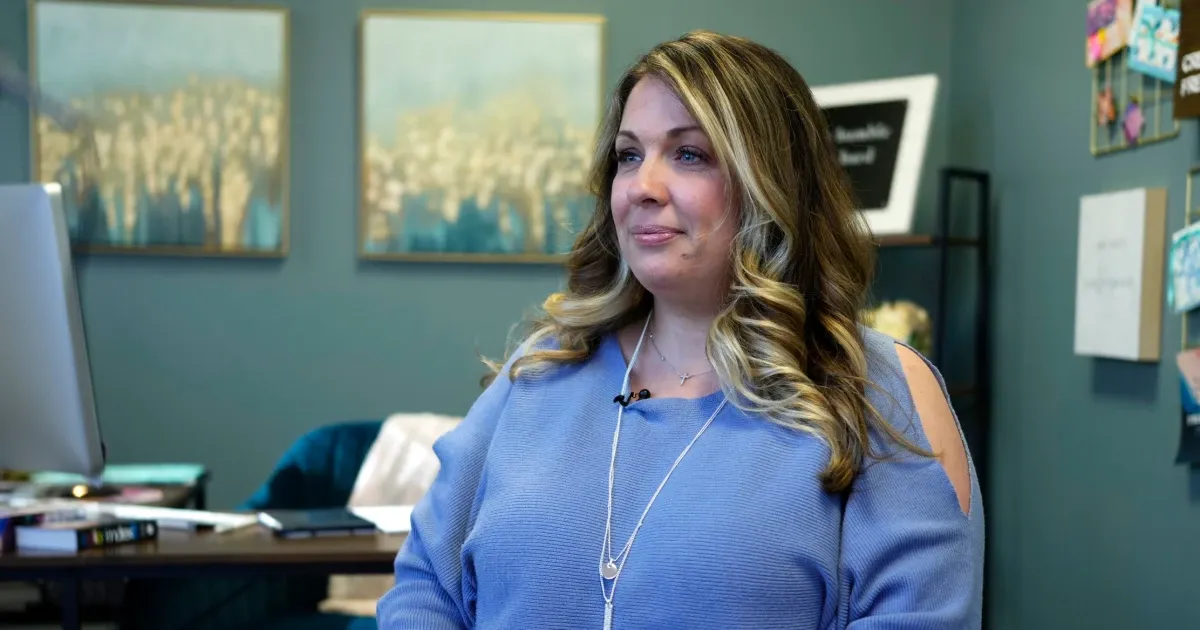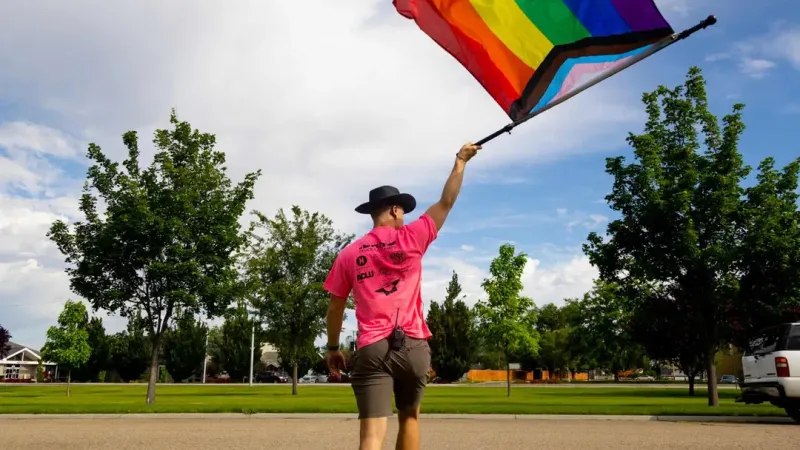Web Designer's Anti-Gay Marriage Stance Goes to US Supreme Court
The US Supreme Court is set on Monday to hear a case involving Denver-based web designer Lorie Smith. A conservative evangelical Christian, Smith is seeking an exemption from Colorado's Anti-Discrimination Act that could have far-reaching implications for LGBT rights.

Facts
- The US Supreme Court is set on Monday to hear a case involving Denver-based web designer Lorie Smith. A conservative evangelical Christian, Smith is seeking an exemption from Colorado's Anti-Discrimination Act that could have far-reaching implications for LGBT rights.
- Smith contends that the right to free speech enshrined under the US Constitution's First Amendment exempts artists – including web designers – from anti-discrimination laws, and that Colorado's law forces her to undertake work that conflicts with her religious beliefs.
- Smith intends to expand her business ('303 Creative') to include wedding websites, and wants to tell the stories of opposite-sex couples "through God's lens" as she strongly believes that, "marriage is between one man and one woman — and that union is significant."
- "Colorado is censoring and compelling my speech and really forcing me to pour my creativity into creating messages that violate my convictions," Smith has said. She continued, saying: "There are some messages I cannot create."
- Colorado's Anti-Discrimination Act forbids businesses open to the public to discriminate based on sexual orientation, race, gender, or religion. It also restricts organizations from displaying any notices to that effect.
- The US Supreme Court legalized gay marriage in 2015 and expanded protections for LGBT workers under federal law in 2020, when SCOTUS decided the 1964 Civil Rights Act also protects gay, lesbians and transgender Americans.
Sources: Reuters, CBS, NBC, Washington Post, CNN, and NPR Online News.
Narratives
- Left narrative, as provided by NY Times. A ruling endorsing Smith's free speech arguments, intentionally or not, could lead to widespread discrimination against the LGBTQ community and undermine the entire purpose of anti-discrimination laws. If the conservative "artists" are granted a "license to discriminate", they would be free to propagate bigotry and even legally hang out signs in future that refuse to serve Muslims, African Americans, or women.
- Right narrative, as provided by Denver Post. Should Smith, who serves LGBTQ clients, be imprisoned for her refusal to work against her religious beliefs? Denying Colorado artists the right to choose their customers could affect the fabric of the US's free and diverse society. The First Amendment doesn't give the state the power to coerce its citizens to renounce their religious beliefs in favor of views they don't believe in.






